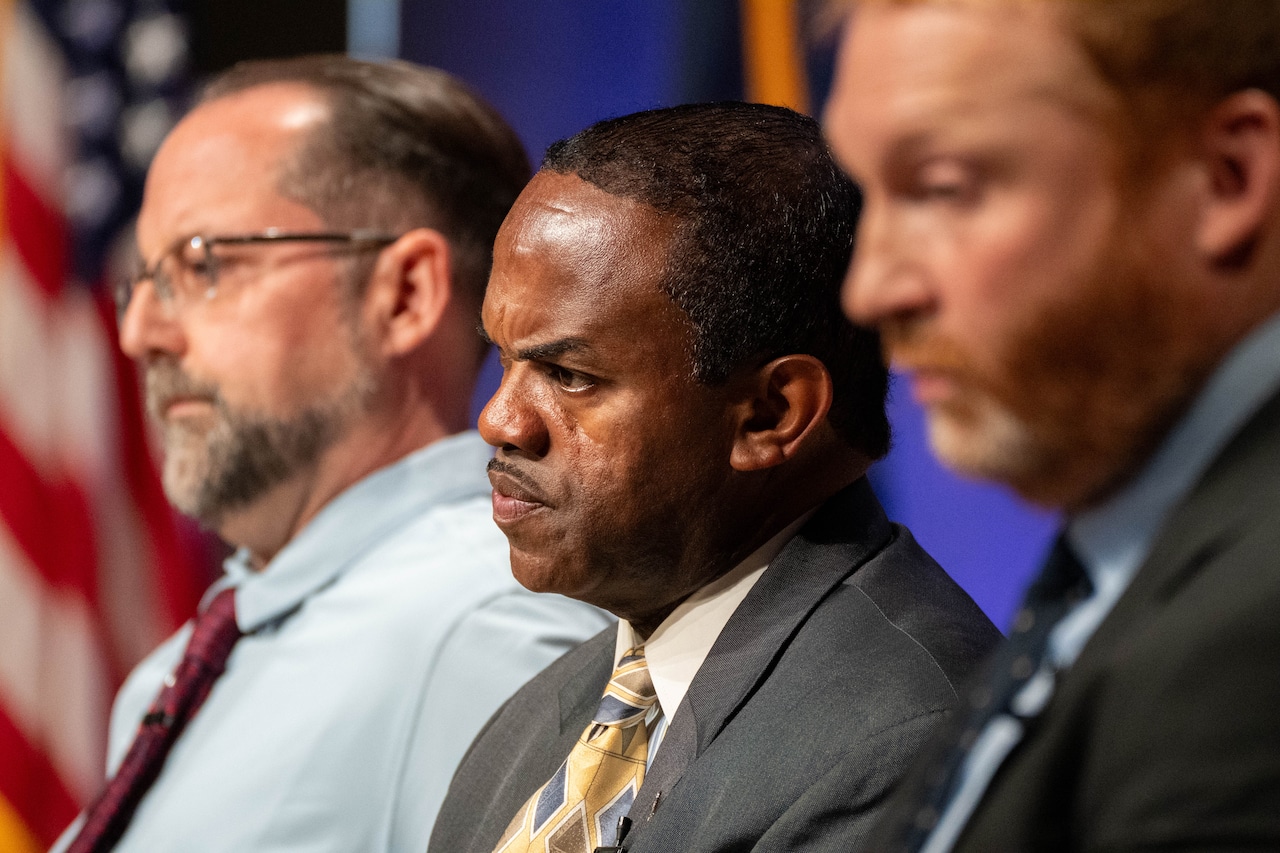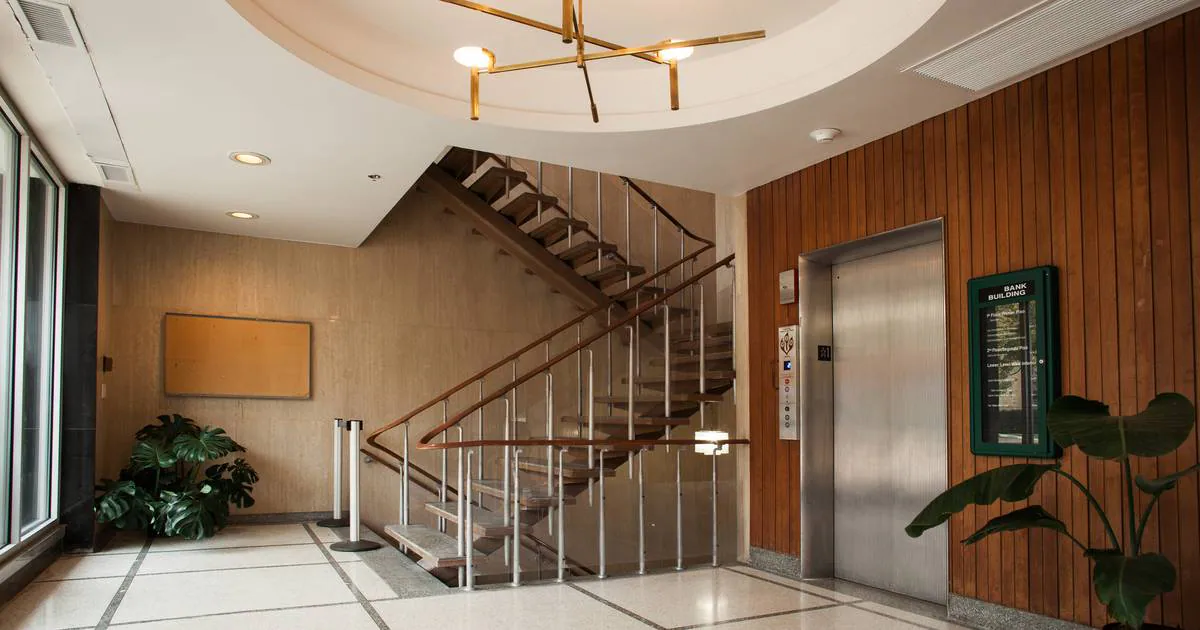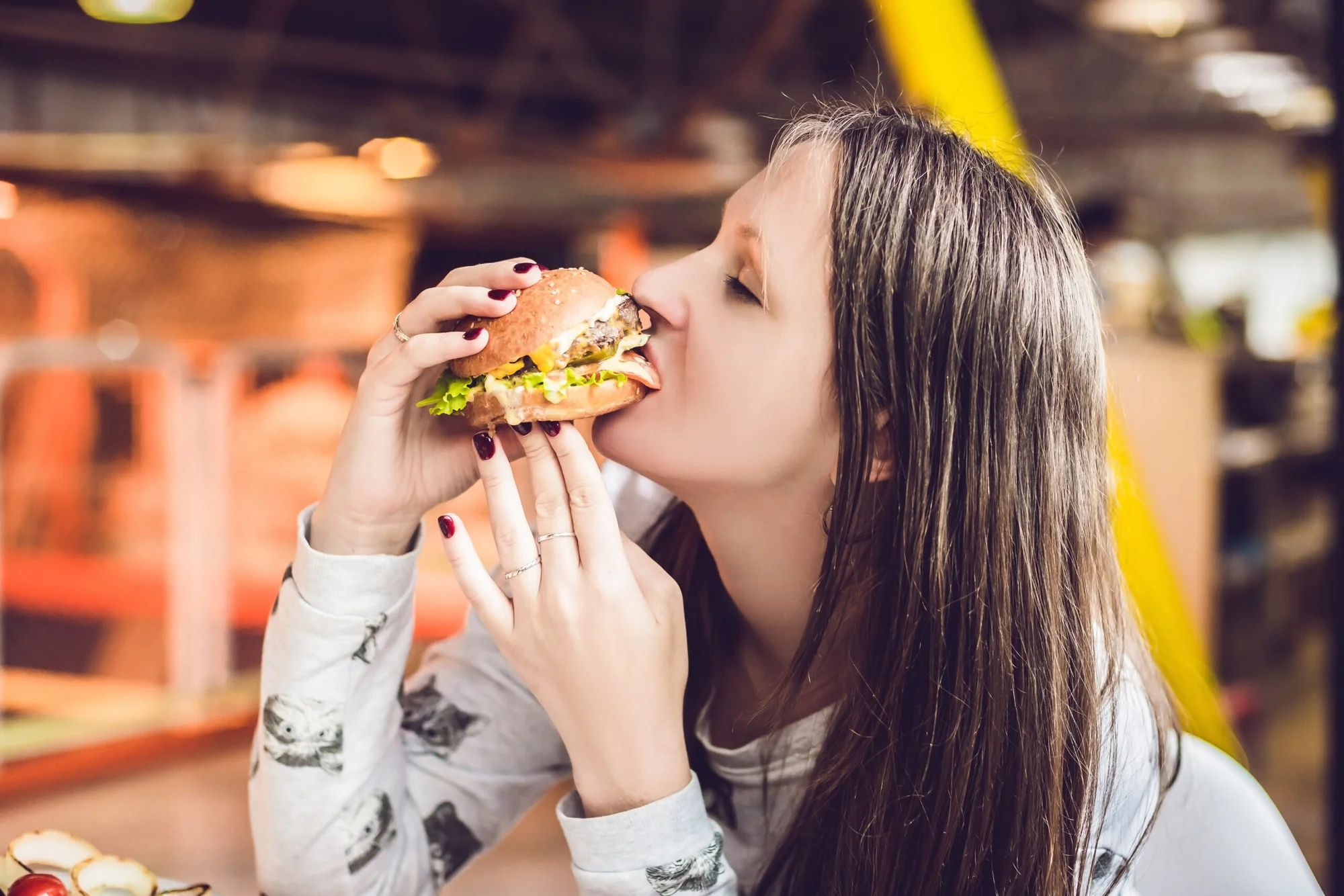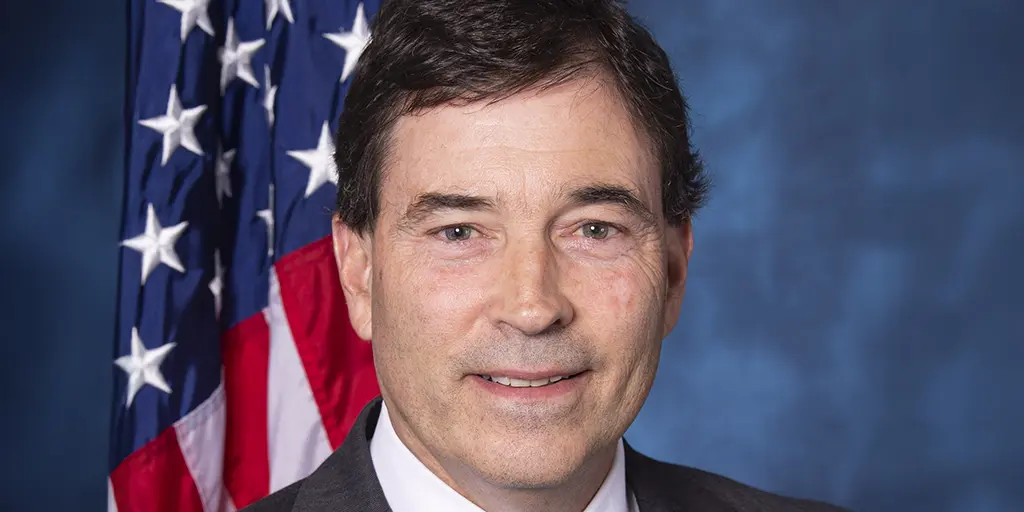Copyright syracuse.com

Syracuse, N.Y. — A huge party enrollment advantage. Big leads in campaign funds raised and spent. Prominence in the incumbent administration. That historically lopsided primary victory in June. Syracuse Deputy Mayor Sharon Owens is the clear favorite, on paper, to become thecity’s next mayor. But until all of the votes are cast and counted in this year’s general election, nothing is guaranteed. The three men competing against Owens in this year’s race continue to express confidence they can win. Republican Thomas Babilon is making a numbers-based case for a path to victory that banks on a combination of low turnout by Democrats, high participation from GOP voters and enough support from independents and disenchanted Dems. Independent Alfonso Davis cites anecdotal evidence from the campaign trail, specifically pledges of support from thousands of residents he and his volunteers have met going door-to-door. The other independent, Tim Rudd, is relying on a more aspirational notion, saying that he believes in voters to see him as the smartest choice. An early indication voting trend, however, seems to favor Owens, the Democratic nominee. Of 2,175 mail-in or in-person early voters processed in the city through Tuesday, 68% were registered Democrats, the elections board said. Republicans and unaffiliated voters each accounted for 15%, with the remainder registered to minor parties. That reflects what Syracuse political insiders were saying about this year’s race to replace Ben Walsh as the first candidates emerged in the summer of 2024. With more than four times as many Democrats registered to vote as Republicans, they said, the race would likely be decided in the June primary. Owens ran away with that three-person race, securing 62% of the vote against a pair of multi-term incumbent Syracuse common councilors who spent considerably more money than any of Owens’ current opponents. Grant Reeher, a political science professor at Syracuse University who follows city politics, said he would be shocked if Owens does not win. “From a political science standpoint, I would say the chances of those three candidates, either collectively or individually, seriously biting into her margin of victory is almost zero,” he said. The political metrics Reeher is not basing his assessment on what he has seen or heard from the candidates. He has interviewed three of the four candidates (Davis declined an invitation) on his public radio Campbell Conversations program, and he believes all of the candidates have made valid arguments. Although there has been no public polling in this year’s mayoral race, Reeher said key metrics that include party enrollment, campaign fundraising and name recognition favor Owens, who has been Walsh’s top aide since the mayor took office in 2018. As of Tuesday, Democrats make up 39,214, or 53%, of Syracuse’s 73,754 registered voters. The next largest group isn’t Republicans — it’s unaffiliated voters. They total 21,519, or 29% of the electorate. The GOP, with 9,439 registered city voters, is at 13%. The last Republican to win a mayoral race in Syracuse was Roy Bernardi in 1997. The big Democratic enrollment advantage has carried over into campaign fundraising and spending. Dating back to the campaign for the Democratic primary, in which Owens landed the party’s largest margin of victory in at least 50 years, Owens has raised $426,800 and spent roughly $360,000. She had a balance of $65,000 through Oct. 20, the cutoff for the most recent campaign finance disclosure. Babilon is far behind those totals, although his fundraising has been well ahead of Davis and Rudd. Through Oct. 20, Babilon received contributions totaling $31,600 and spent $27,500, leaving a $4,100 balance heading into the final 10 days of the campaign. Rudd raised $5,400 and spent all but $700 on a law firm that represented him in a legal challenge of his independent ballot-access petitions filed by Owens. Rudd won the case. Davis has mounted an active campaign with lawn signs and video posts on Facebook, but he has not filed the two required disclosure reports that were due this fall. His most recent filing was made Sept. 9, and it said he had not raised or spent any campaign funds. Reeher, the SU political scientist, said the money difference is a major indicator of the state of the race. “They just do not have the means to really put themselves out there in the same way that Owens does,” Reeher said. “They just don’t have the infrastructure behind them.” Another political science professor, Nina Moore from Colgate University, agreed that Owens is the clear favorite, but she’s not convinced that it will be landslide victory. Moore said Babilon appears to be mounting the most robust challenge. She views Davis, a registered Democrat who has unsuccessfully run in Democratic mayoral primaries three times before this year, as possibly a threat to take some votes away from Owens. To a lesser extent, she can see Rudd snagging a few Babilon votes. “I say that she’ll pull off a win, but I’m hesitant to say that she’s going to run away with it because it is a four-way race,” Moore said. Despite Walsh’s status as a two-term mayor who won his second race with 60% of the vote, Babilon, Davis and Rudd have all focused much of their campaign messaging on criticisms of the current mayor’s administration and connecting Owens to the shortcomings. Moore said the strategy makes sense to a certain degree, but she’s skeptical that it can move enough voters to their side. “I don’t hear those three talking in very grand terms about their bigger vision,” she said. “I think that’s what voters want to hear about. They want to hear, where are you taking us? What is your plan for Syracuse? And not so much whether or not the sidewalks from last year are being pulled out and reinstalled.” The paths to victory Babilon said he has put considerable emphasis internally on a number: 10,001. The attorney with past experience as a city assistant corporation counsel believes that’s the number of votes he needs to pull off the upset. It’s based on the recent history of voter turnout in Syracuse mayoral elections, which dropped to roughly 20,000 in the 2021 race. Babilon believes he can get a large portion of the roughly 10,500 Syracuse voters who chose President Donald Trump last year to get to the polls for him this year (33,900 voted for Democrat Kamala Harris). He also is counting strong support from Democrats who voted against Owens in the primary, noting that neither of her opponents in that race, Common Councilors Chol Majok and Pat Hogan, have endorsed Owens. “My number has always been 10,001 votes,” he said. “I think that’s easily attainable.” Babilon, who lost in a Republican mayoral primary in 2021, acknowledges that a presidential race turnout from GOP voters is not something that normally would happen in a local election year. Overall turnout in last year’s federal election was 45,400, more than twice as large as the 2021 mayoral race. But the campaign has been using its dollars on targeted online advertising, billboards and door-to-door canvassing that aims to get his supporters to the polls. “The people that I’m talking to are very enthusiastic about coming out to vote this year,” he said. “The Republicans are very enthusiastic about the race. The Conservatives are very enthusiastic about the race. The independents that I speak to are very enthusiastic about the race. I don’t think I see that on the Democrat side this year.” Davis, a long-time community activist, said his confidence stems from the response he’s getting in the field. “It’s my ground game, my going door to door every day, literally,” he said. “Between me and my team, we’ve probably knocked on close to 10,000.” In Democratic primary runs in 2009 and 2013, Davis secured 1,021 and 1,172 votes respectively to place third both times. In 2017, he was not on the ballot after his petitions were successfully challenged. In 2025, Davis said he’s feeling a difference. “I have a vision for this city, I’m forward thinking, I know this city inside and out,” he said. “So I think that is resonating with people — the fact that this man has been consistent. This man has a vision for our city. That’s why I think it’s different." Of three challengers to Owens, Rudd is expressing the least amount of confidence. He told Reeher during his Campbell Conversations interview that he was “fighting for principle” and in one of the candidate debates said he was fine with voters choosing Babilon or Davis. But the former city budget director, who was elected to a citywide common council seat in 2017 and lost Onondaga County Legislature races in 2015 and 2023, is still holding onto some hope. “My path is that the voter in Syracuse stops and reflects on the last eight years, listens, looks into candidates and makes an informed decision,” Rudd said. “In that environment, I think I have a shot all day long. … I’m in a way elevating my expectation of the residents, the citizens." Owens, running for elected office for the first time, has said she’s committed to “running through the tape,” referencing the importance of not coasting to the finish because she’s viewed as the favorite. She cites her days as a track-and-field star at Syracuse University for that philosophy. Early in-person voting in the four-person race to replace incumbent Mayor Ben Walsh began Saturday and continues through Sunday. Mail-in ballots have been streaming into the Onondaga County Board of Elections for a few weeks, as well. Election Day is on Tuesday, Nov. 4. Who are the donors? The data below includes contributions from the 11-day and 32-day pre-election reports and a report the candidates filed in July. If you can’t see the search tool, click here to open it in a new tab.



